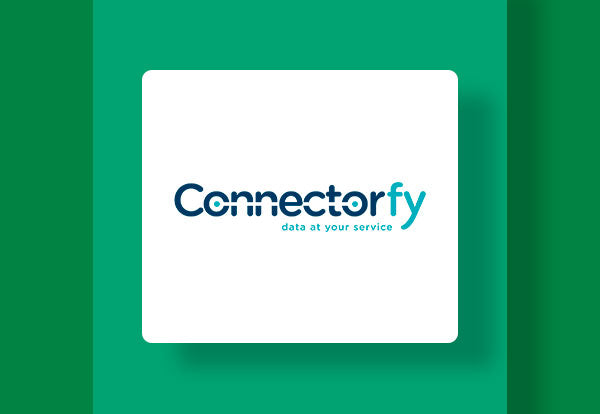Origin of eNPS
"What is not measured cannot be improved"
This famous quote is attributed to Peter Drucker , known as the man who invented the modern model of business management. If you read the quote again, you will realize how true it is. It is clear that if you cannot measure something, and define measurable objectives to establish a desired result, it is impossible to improve.
The eNPS is relatively similar to the more popular NPS or Net Promoter Score , which is used to measure customer loyalty with a brand , in order to know whether they would recommend the products or services offered by the brand. It is based on a scale of 1 to 10 aimed at customers, with a simple question: how likely are you to recommend our product/service to a colleague?
Customers vote between 0-10:
-
From 0 to 6 they would not recommend you ,
-
7-8 are neutral or passive ,
-
and 9-10 would speak well of it, would recommend it .
The practical application of this is to do it with employees as well .
We provide you with the presentation of the VIII Congress on Digital Transformation in Professional Offices held in Valencia and given by Miguel Fresneda (Managing Director of woffu ) and Silvia Cantallops (HR Manager at woffu ).
How is NPS calculated?

Focused on employee satisfaction
How does Woffu measure employee satisfaction using eNPS ? By asking the following question:
How likely are you to recommend our company as a place to work?
The eNPS is a good indicator because it allows you to compare yourself with companies in your sector, but you need other factors to have a more holistic view, and to be able to start detecting your areas of improvement and your strengths . This makes us ask ourselves: why would you recommend me as a company or workplace? Why wouldn't you? What should I work on?
There are two types of satisfaction factors :
-
Salary and Benefits .
-
Engagement factors , which generate commitment.
Regarding engagement, Woffu has based itself on Tracy Maylett 's model : An employee is committed to a company when they find meaning in what they do, having autonomy (freedom to decide), growth (new skills, knowledge), impact (positive and valuable results) and connection with the company. In other words, when they see the MAGIC in everyday life.

-
Meaning . Feel that the work they do contributes to their personal growth and development , as well as to the achievement of individual goals and achievements. Tackling challenging tasks and projects that require the use of skills and creativity, which can make work more interesting and rewarding.
-
Autonomy . Having the ability to make decisions and have a certain degree of control over your work, which can lead to a greater sense of empowerment and satisfaction.
-
Growth . Having the opportunity to learn and grow in the workplace, acquiring new skills, knowledge and experiences that allow them to advance in their careers.
-
Impact . Seeing how your work contributes to a larger goal, whether at the level of the company, society or the world at large. Feeling that your work matters and makes a difference.
-
Connection . Build positive and meaningful relationships with colleagues, superiors and co-workers, which can contribute to a sense of community and belonging in the work environment.
In addition to the above we could add:
-
Personal recognition . Be valued and recognized for your efforts and achievements, whether through praise, pay increases, promotions, or other forms of tangible recognition.
-
Work-life balance: Having flexibility and time to pursue activities and commitments outside of work, which contributes to an overall sense of well-being.
Practical survey model
The company Woffu uses 10 metrics , with the key points broken down and some more:
Recognition, personal growth, alignment with the company, satisfaction, happiness, feedback, manager-coworker relationship, commitment and well-being.
That's their secret, using this tool with the 5 main keys and the metrics. They have a great guide with all this, with the examples of questions they use to ask their employees every month.
What is a “good” employee net promoter score (eNPS)?
There seems to be general agreement on what makes a good eNPS. For example, an eNPS in the range of 10 to 30 is generally considered good. A score above 50 is excellent. Over 70? That's superior!
In professional services the ratio is usually between 25 and 30%.
Conclusions
-
If you don't measure, you can't improve
-
Measuring employee engagement is easier than it seems
-
Taking care of your employees is taking care of your customers
-
Doing so is no longer an option, it is an obligation.
-
“ Customers don’t come first, employees come first. If you take care of your employees, they will take care of your customers ” - Richard Branson






